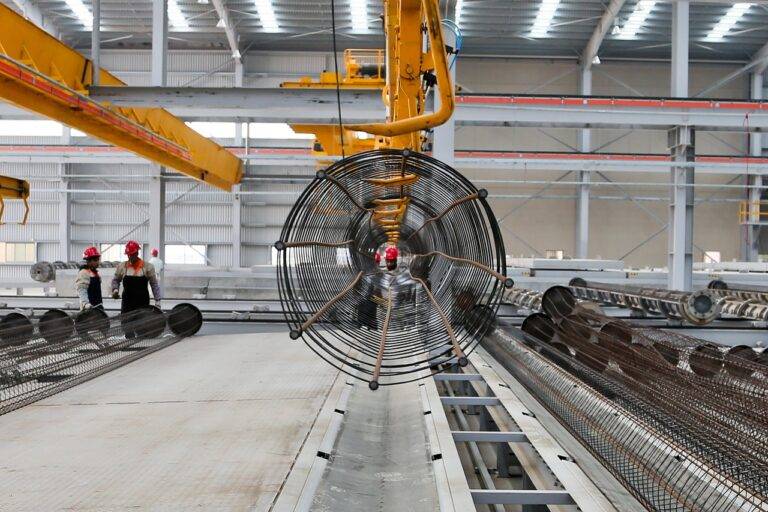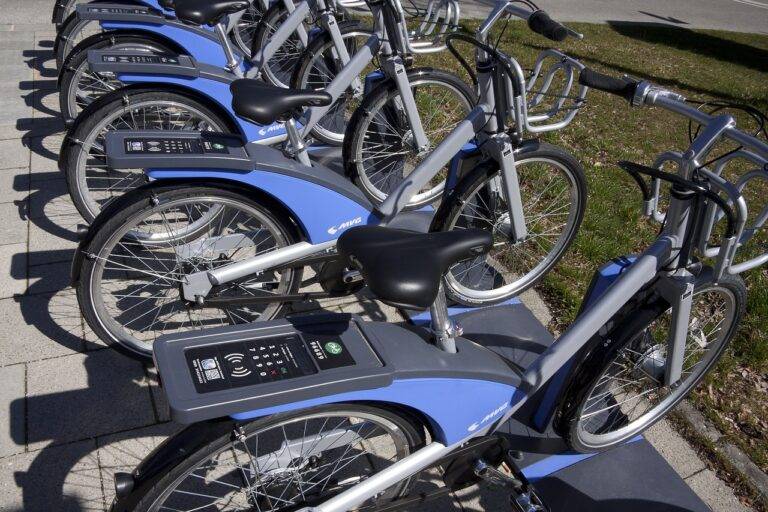The Future of Smart Cities: Opportunities for Businesses
Urban centers worldwide are increasingly turning to smart city solutions to streamline operations and enhance the quality of life for residents. However, the implementation of these innovative technologies is not without its challenges. One of the primary obstacles is the high initial cost of deploying smart city infrastructure, which can be a barrier for cities with limited budgets. This financial burden often deters municipalities from fully embracing smart city initiatives, despite the long-term benefits they promise.
In addition to financial constraints, another significant challenge is the complexity of integrating various technologies and systems to create a cohesive smart city ecosystem. Different applications and platforms may operate in silos, making it difficult to ensure seamless communication and data sharing across different sectors. This lack of interoperability can hinder the effectiveness of smart city solutions and limit their potential impact on urban sustainability and efficiency.
Technological Innovations Driving Smart City Development
In the realm of smart city development, technological innovations stand as the driving force behind progress and transformation. As municipalities strive to enhance the quality of life for their citizens and optimize urban operations, cutting-edge technologies have emerged as essential tools in achieving these goals. From the Internet of Things (IoT) to Artificial Intelligence (AI) and data analytics, a diverse range of innovations are reshaping urban landscapes and revolutionizing the way cities operate.
The integration of IoT devices, which enable the interconnection of everyday objects, has revolutionized how cities collect and utilize data. Sensors embedded in infrastructure and public services provide real-time information on various aspects of urban life, from traffic patterns and energy consumption to air quality and waste management. By harnessing this wealth of data, city officials can make informed decisions that boost efficiency, sustainability, and overall livability within urban environments.
Opportunities for Startups in the Smart City Sector
Startups in the smart city sector have a unique opportunity to disrupt traditional urban infrastructure with their innovative solutions. The rise of smart cities worldwide creates a demand for new technologies and services, providing a perfect entry point for startups to showcase their creativity and bring novel ideas to the table. By addressing the challenges faced by urban areas through technology-driven solutions, startups can not only meet the needs of the growing population but also foster sustainable development in smart cities.
With the increasing focus on sustainability and efficiency in urban planning, startups can leverage their agility and flexibility to tailor solutions that cater to the specific requirements of smart cities. The ability to adapt quickly to changing market dynamics and to experiment with cutting-edge technologies positions startups as key players in shaping the future of urban living. By collaborating with city authorities and established companies, startups can carve out a niche for themselves in the smart city ecosystem and drive innovation in areas such as transportation, energy management, and public services.
– Startups can disrupt traditional urban infrastructure with innovative solutions
– Rise of smart cities worldwide creates demand for new technologies and services
– Address challenges faced by urban areas through technology-driven solutions
– Meet needs of growing population and foster sustainable development in smart cities
With the increasing focus on sustainability and efficiency in urban planning, startups can:
– Leverage agility and flexibility to tailor solutions for smart cities
– Adapt quickly to changing market dynamics and experiment with cutting-edge technologies
– Collaborate with city authorities and established companies to drive innovation
in transportation, energy management, and public services.
What are some challenges in implementing smart city solutions?
Some challenges include the high cost of implementing new technologies, the need for collaboration among different stakeholders, and data privacy concerns.
What technological innovations are driving smart city development?
Technological innovations such as Internet of Things (IoT), Artificial Intelligence (AI), and Big Data analytics are driving smart city development by enabling the collection and analysis of data to improve infrastructure and services.
What opportunities are there for startups in the smart city sector?
Startups have the opportunity to develop innovative solutions for smart city challenges, such as traffic management, waste management, and energy efficiency. They can also collaborate with larger companies and government agencies to pilot and scale their solutions.







